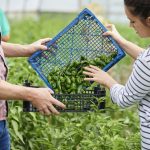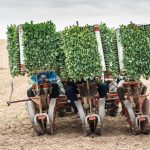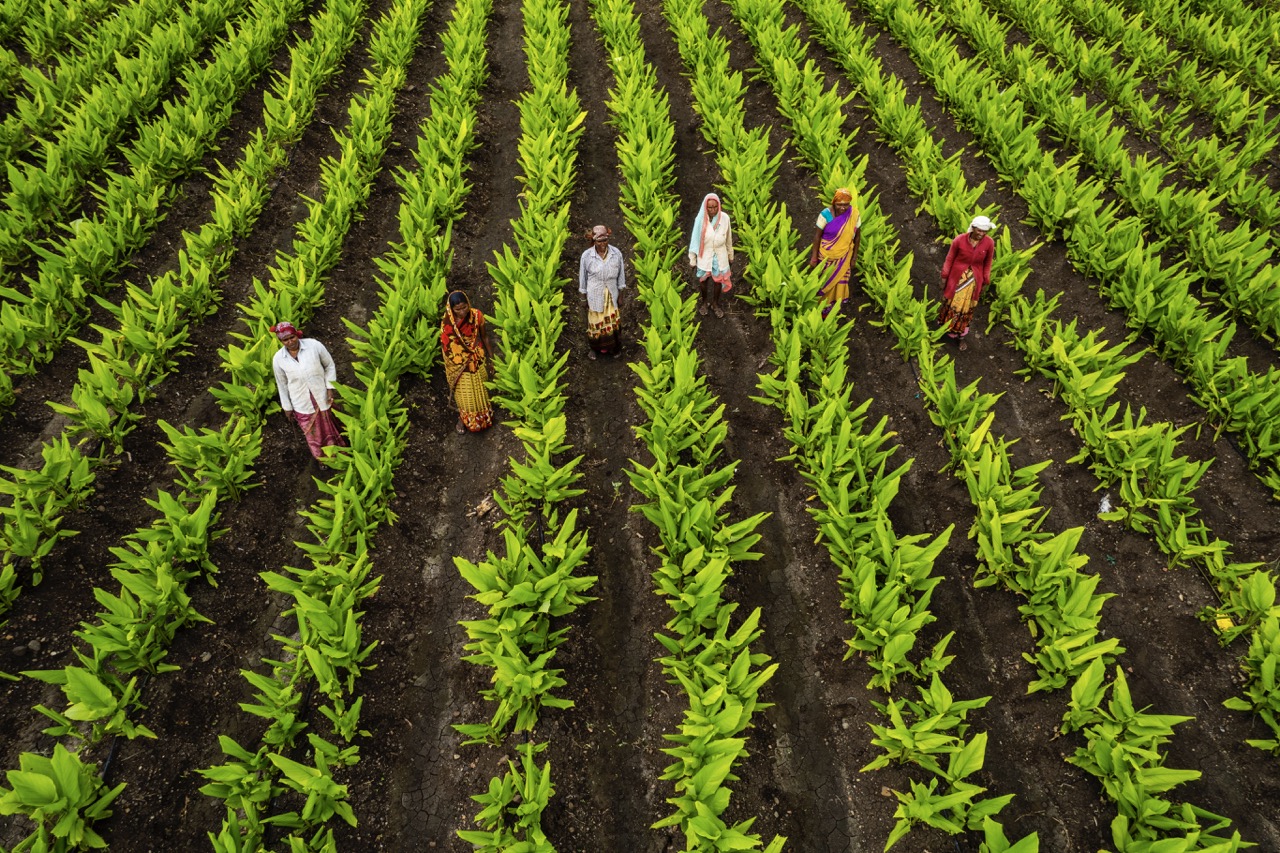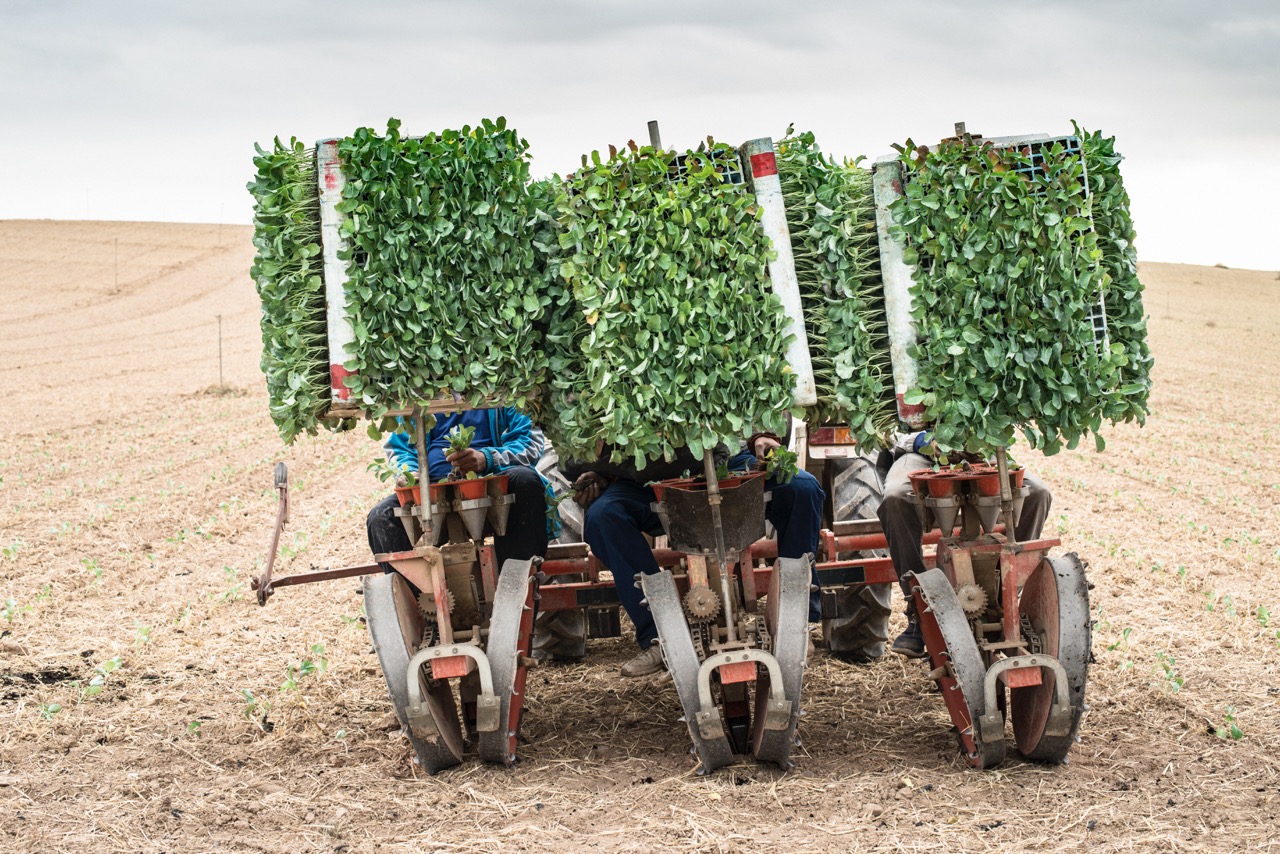The agriculture sector is a cornerstone of the global economy and a critical component of food security. However, it is also one of the most wasteful industries, with significant environmental and economic repercussions. As the world grapples with climate change, resource scarcity, and an ever-growing population, minimizing waste in agricultural operations has become imperative. This article explores the impact of waste in agriculture, strategies to reduce input waste, innovations driving sustainable practices, and the potential for a circular economy within the sector.
Understanding the Impact of Waste in Agriculture Today
The agricultural industry is responsible for a staggering amount of waste, with estimates suggesting that about one-third of all food produced globally is lost or wasted. This waste not only represents a significant economic loss but also contributes to environmental degradation, including increased greenhouse gas emissions and depletion of natural resources. Land, water, and energy resources are expended on growing food that ultimately goes unconsumed, highlighting a critical inefficiency in the system.
Beyond food waste, agricultural operations generate substantial amounts of non-biodegradable materials, such as plastics used in packaging, irrigation, and pesticides. The disposal of these materials poses a significant threat to ecosystems and biodiversity. Soil degradation, water pollution, and loss of habitats are all consequences of inefficient waste management practices, further exacerbating the challenges faced by modern agriculture.
Additionally, the impact of waste extends beyond the immediate environmental concerns. For farmers, waste translates into lost profits and increased operational costs. Inefficient practices can lead to a cycle of declining productivity, making it even more crucial for agricultural businesses to implement strategies that minimize waste and enhance sustainability. Understanding these repercussions is the first step toward transforming waste management practices in agriculture.
Strategies for Reducing Input Waste in Farming Practices
To effectively minimize waste in agricultural operations, farmers must adopt innovative strategies that focus on optimizing resources throughout the production cycle. Crop rotation, cover cropping, and precision agriculture are techniques that can significantly reduce input waste. These practices help maintain soil health, improve crop yields, and ensure that resources such as water and fertilizers are used more efficiently.
Implementing integrated pest management (IPM) can also lead to reduced waste in the form of chemical inputs. By utilizing biological controls and monitoring pest populations, farmers can minimize the reliance on pesticides, reducing chemical waste and promoting a healthier ecosystem. Moreover, adopting a sustainable fertilizer management plan can help mitigate nutrient runoff and ensure that fertilizers are applied only when necessary, thus cutting down on excess application.
Beyond production techniques, investing in training and education for farmers can lead to improved waste management practices. By empowering farmers with knowledge about efficient resource use, they can make informed decisions that not only reduce waste but also enhance productivity and profitability. These strategies collectively create a more sustainable agricultural system, fostering a culture of waste reduction at every level of operation.
Innovations in Technology for Sustainable Agriculture Efforts
The rapid advancement of technology is revolutionizing agricultural practices and offering powerful tools to minimize waste. One notable innovation is the rise of precision agriculture, which utilizes GPS, drones, and sensors to monitor crop health and resource use in real-time. This technology allows farmers to apply inputs such as water, fertilizers, and pesticides more accurately, reducing waste and increasing efficiency.
Another promising development is the use of data analytics and artificial intelligence (AI) in agriculture. By analyzing historical data and current conditions, AI algorithms can provide actionable insights, helping farmers make informed decisions regarding planting schedules, crop varieties, and resource allocation. The result is a significant reduction in waste generated by over-application or mismanagement of inputs.
Furthermore, advancements in sustainable packaging and waste management technologies are making it easier for agricultural operations to minimize their environmental footprint. Biodegradable packaging, composting systems, and waste-to-energy technologies are just a few examples of how innovation can help close the loop on agricultural waste. By embracing these technologies, the agriculture sector can not only reduce waste but also contribute to a more sustainable future.
Building a Circular Economy in Agricultural Operations
Transitioning to a circular economy in agriculture involves rethinking traditional linear models of production and consumption. In a circular economy, waste is viewed as a resource, and agricultural operations are designed to minimize waste generation while maximizing resource recovery. This approach requires collaboration among stakeholders, including farmers, suppliers, and consumers, to ensure that waste is effectively managed and repurposed.
One effective strategy for building a circular economy is the integration of agroecological practices, where waste from one process becomes a resource for another. For instance, organic waste from crop production can be transformed into compost, enriching the soil and reducing the need for chemical fertilizers. Similarly, livestock operations can utilize crop by-products as feed, reducing overall waste and enhancing resource efficiency.
Policy frameworks also play a crucial role in promoting circular economy practices in agriculture. Governments can incentivize sustainable practices through subsidies, grants, and research funding that support waste reduction initiatives. By fostering an environment that encourages innovation and collaboration, the agricultural sector can successfully transition toward a more sustainable, waste-minimized future, benefiting the economy, society, and the environment.
Minimizing waste in agricultural operations is not merely a choice; it is a necessity for ensuring the sustainability of our food systems and the health of our planet. By understanding the impact of waste, implementing effective strategies, leveraging technological innovations, and embracing a circular economy, stakeholders in agriculture can pave the way for a more sustainable future. As we move forward, collaboration and commitment across the entire agricultural value chain will be essential in driving meaningful change and reducing waste for generations to come.










